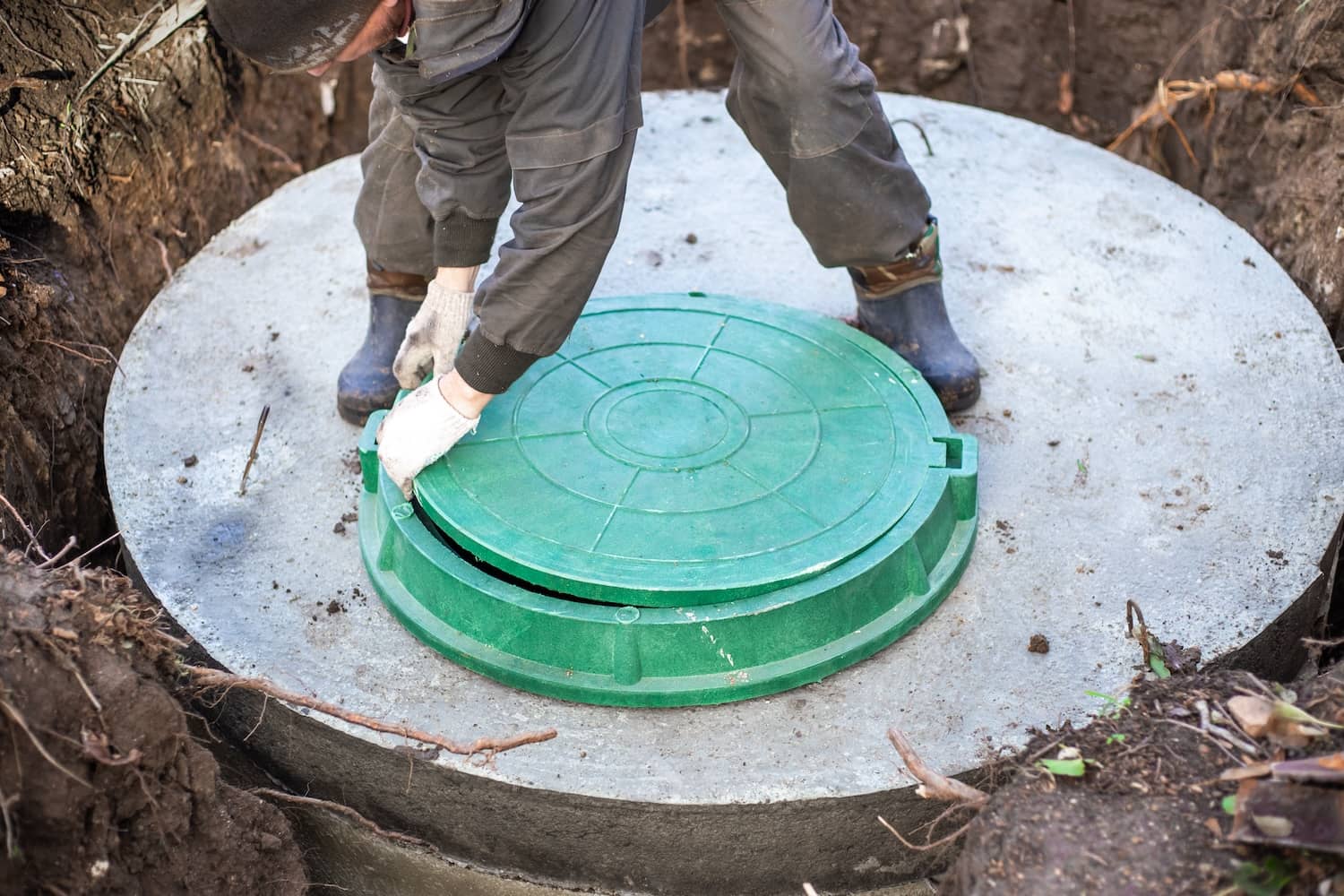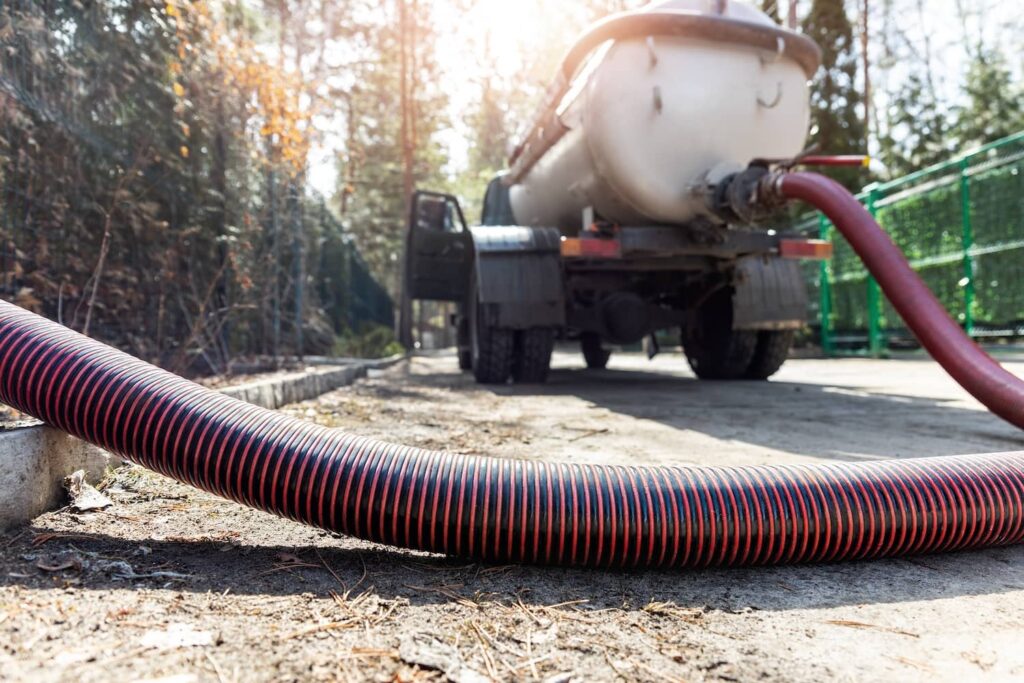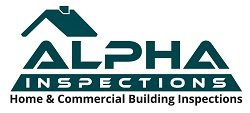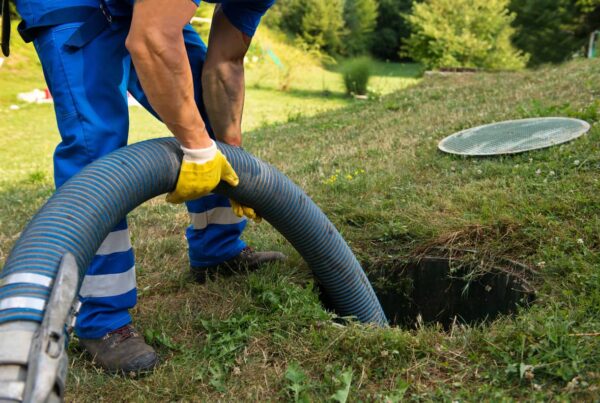
When it comes to our homes, there are many aspects that we often overlook or take for granted. One such aspect is wastewater. We don’t usually give much thought to what happens after we flush a toilet or drain the sink. But does every house have a septic tank? The truth is that not every house needs one. So, let’s dive in to better understand why your home does or doesn’t have a septic tank.
What is a Septic Tank and How Does it Work?
A septic tank is an underground chamber constructed from concrete, fiberglass, or plastic. Its primary function is to collect and treat household wastewater. Septic tanks are commonly found in rural areas or locations where connecting to a municipal sewer system is not possible.
The septic tank’s operation is based on the separation of solid waste from liquids. As wastewater enters the tank, solids settle to the bottom, forming a layer of sludge. Lighter materials, known as scum, float to the top. The remaining liquid, called effluent, flows out of the tank and undergoes further treatment in the drain field.

Who Needs a Septic Tank?
Generally, houses located in urban or suburban areas with access to a municipal sewer system do not need a septic tank. These homes are connected to a centralized sewer system that carries the wastewater away for treatment. In such cases, homeowners and renters don’t need to worry about maintaining a septic tank or dealing with its associated costs.
On the other hand, houses in rural areas or properties situated far away from urban centers may necessitate the installation of a septic tank. These houses rely on individual septic systems to treat and dispose of their wastewater. Some older neighborhoods, even in urban or suburban areas, might still have properties with septic tanks due to historical reasons or lack of infrastructure updates.
Pros and Cons of Having a Septic Tank
Owning a house with a septic tank has both advantages and disadvantages. Let’s take a look at some of them:
Advantages:
- Cost-effectiveness: Connecting to a municipal sewer system can be costly, involving installation fees and ongoing charges. With a septic tank, you have more control over your wastewater treatment and avoid these additional expenses.
- Environmental friendliness: Properly maintained septic tanks are environmentally friendly as they treat wastewater on-site. This allows the wastewater to naturally filter through the drain field and into the ground. It minimizes the impact on water bodies.
- Independence: Having a septic tank means you are not dependent on a centralized sewer system. This independence can be particularly useful during natural disasters or instances of system failure in urban areas.
Disadvantages:
- Maintenance responsibility: As a homeowner with a septic tank, you are responsible for its regular maintenance, including pumping out the accumulated solids every few years and ensuring it operates efficiently. Neglecting maintenance can lead to costly repairs and potential health hazards.
- Limited capacity: Septic tanks have a limited capacity, and excessive water usage or improper waste disposal can overload the system. This may result in backups, foul odors, and even contamination of your property.
- Resale challenges: When selling a house with a septic tank, some buyers may be hesitant due to concerns about maintenance costs and potential issues. It is essential to maintain proper records of inspections and maintenance to reassure potential buyers.

Other Recommended Maintenance
Besides periodically pumping out solids, other maintenance activities are crucial for your septic system’s longevity and efficiency. Annual professional inspections can catch potential issues early. Adopting efficient water usage practices is wise; this includes promptly fixing leaks and considering low-flow fixtures.
Proper waste disposal is crucial—avoid flushing non-biodegradable items and harmful chemicals. Maintaining the drain field is vital; keep it clear of trees or structures and avoid heavy vehicles to prevent soil compaction. Some homeowners use bacterial additives for waste breakdown, though this should be discussed with a professional.
When to Call a Professional
Recognizing when to call a professional for septic system issues is crucial for maintaining a well-functioning system. If unpleasant odors start emanating from around your property, especially near the drain field or septic tank area, it’s time to call a professional. Slow-draining sinks, showers, and toilets can indicate a system blockage or other issues that need professional attention. Water backing up in your drains or toilets signals a septic system problem.
If you notice puddles or wet spots in the area around your septic tank or drain field, you should seek professional help. Unusual gurgling sounds from your plumbing system can also signal a septic system problem. In some cases, if algal blooms appear in nearby ponds or streams, your septic system might be leaking nutrients and you should contact a professional.
Conclusion
In essence, septic systems play a pivotal role in managing wastewater for properties located far from municipal sewer connections. They offer a blend of cost-efficiency and environmental benefits but also entail a level of maintenance responsibility from homeowners. By adhering to recommended maintenance practices, recognizing the signs of trouble early, and knowing when to call in professionals, homeowners can ensure the effective operation and longevity of their septic systems.
If you need expert guidance with your septic system or to schedule a home inspection, don’t hesitate to contact Alpha Building Inspections in Merrimack, NH, and surrounding areas. Their expert team can provide invaluable insights and services to keep your entire home in shape.



